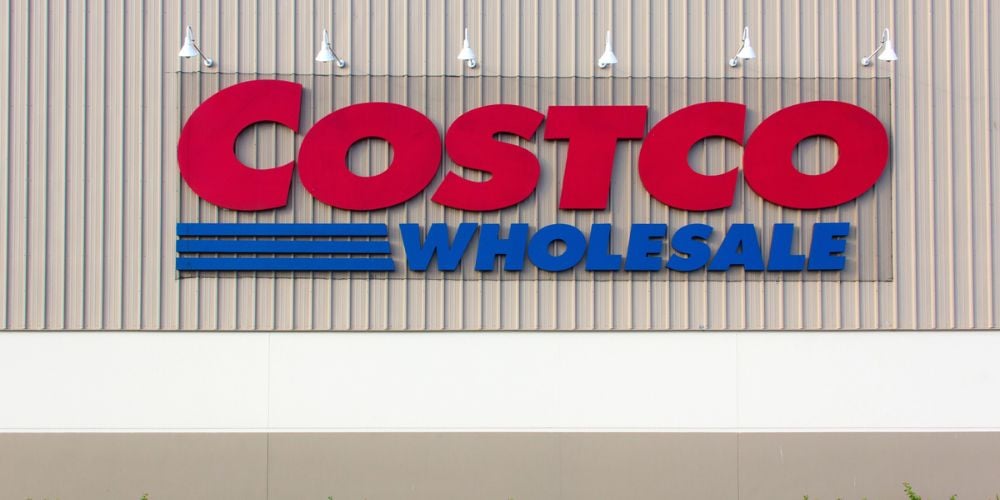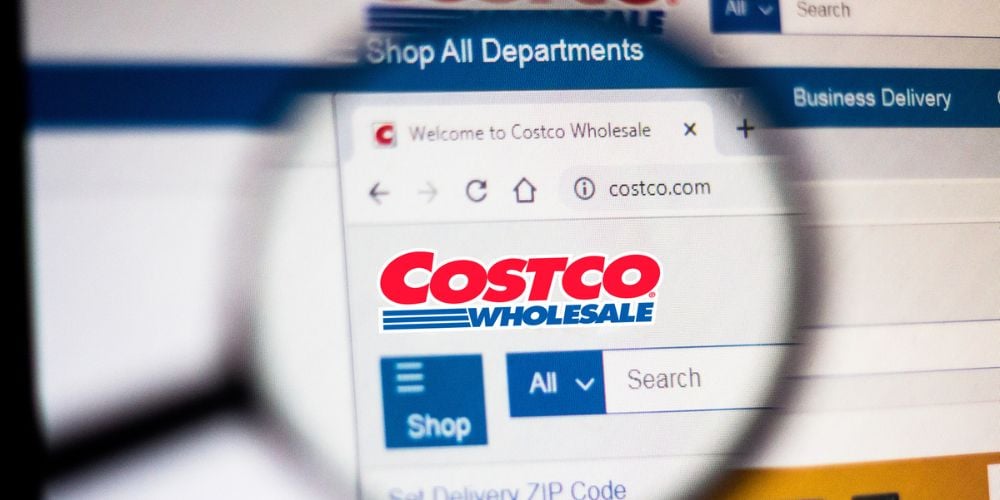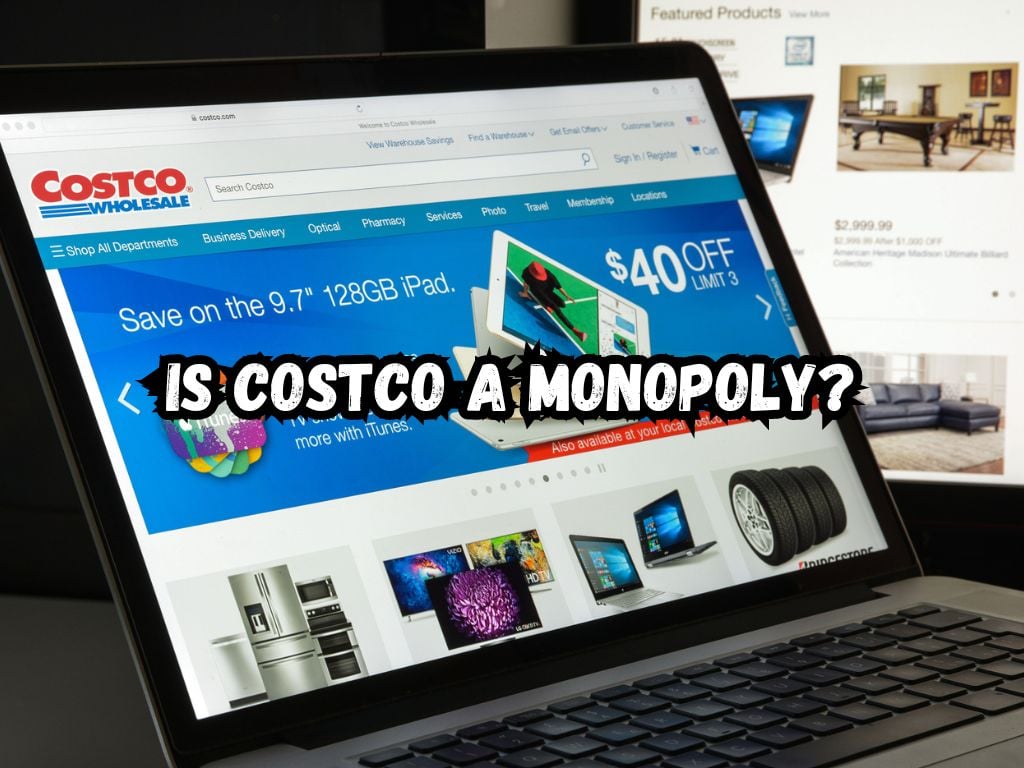When the topic of monopolies is mentioned, names like Microsoft in the late 90s or AT&T before its breakup might come to mind. But what about Costco?
Is Costco a monopoly? Let’s delve into this subject to understand Costco’s market position and what it actually signifies for consumers and competitors across the retail landscape.
Understanding Costco’s Business Model
Costco is known for its unique business approach, which revolves around selling a limited selection of goods in bulk at very low prices. Members pay an annual fee to access these deals, which covers a wide range of products from groceries to electronics.
The heart of Costco’s strategy is to keep costs low, pass savings to its customers, and drive repeat business, primarily through its membership model.
The concept isn’t just beneficial for shoppers. It’s grounded in the shopping experience itself—minimalist product displays in a warehouse setting translate into lower overhead costs and subsequent savings.
Costco’s success also relies on economies of scale, where buying and selling in large quantities reduces the per-unit cost.

The Retail and Wholesale Market Landscape
Unlike a typical monopoly, the retail market presents various heavy hitters. Competitors such as Sam’s Club and BJ’s Wholesale Club also offer membership-based warehouse shopping experiences.
When traditional brick-and-mortar and online giants like Walmart and Amazon are included, the competitive landscape broadens significantly.
Costco faces stiff competition, not just from other wholesale clubs but from expansive retail chains and evolving e-commerce platforms which have excelled in personalized shopping experiences and rapid delivery services.
This competitive environment plays a crucial part in keeping Costco from being a monopoly.
Is Costco a Monopoly?
Legal and economic frameworks in many countries actively prevent the formation of monopolies. Antitrust laws ensure a fair competitive landscape and prevent any one entity from dominating the market to the detriment of other stakeholders and customers.
The choice available to consumers is vast. Although Costco offers low prices and bulk products, individual preferences such as shopping convenience, brand loyalty, or product specifics dictate consumer behavior.
This variety ensures that one single business, like Costco, doesn’t monopolize consumer choice.
Costco’s Market Dominance vs. Monopoly
Costco commands significant influence in the wholesale and retail market, thanks to its bulk-selling model and competitive pricing.
However, dominance in a specific market section does not equate to a monopoly. Costco still controls a relatively small part of the global retail market, making the monopoly label a misfit.
Understanding market share also plays into this conversation. Holding a large market share in warehouse clubs doesn’t grant Costco overall retail control, given the multitude of other retail formats and competitors.
Implications of Costco’s Market Position
Costco’s approach to minimizing product markup benefits consumers through lower prices. This focus on value over wide selection or premium shopping environments attracts a particular consumer demographic, emphasizing practicality and savings.
However, small local retailers often feel the competitive pressure when a giant like Costco operates in proximity. They might not match the pricing but can offer different products, better services, or a more personalized shopping experience. This dynamic underlines the complex balance between competition and consumer advantage in retail.
Pro Tips for Consumers
Shoppers can maximize benefits by understanding what Costco offers best—bulk products at lower prices. Buying in bulk is ideal for large families or for sharing purchases among friends or neighbors.
Also, knowing when to shop for specific items, like during sales or special discounts, enhances savings.

Future Outlook
Emerging retail trends like the increase in e-commerce, the popularity of direct-to-consumer sales, and dynamic pricing might influence Costco’s future market position.
Additionally, regulatory bodies continue to scrutinize large companies to ensure healthy competition.
Frequently Asked Questions
What makes a company a monopoly?
A company is considered a monopoly when it’s the sole provider of a product or service, controlling an entire market which results in the restriction of free competition.
How does Costco’s business model differ from traditional retail?
Unlike traditional retailers that stock a wide range of products at various price points, Costco focuses on selling a limited assortment of goods in bulk at low prices based on a membership model.
Can a wholesale club like Costco destroy competition?
While competitive pricing strategies might pressure local businesses, the diverse market structures and consumer preferences prevent a wholesale club from obliterating competition completely.
How do Costco’s practices benefit consumers?
Consumers enjoy significant savings due to Costco’s ability to sell bulk goods at lower prices, supported by its efficient operating model and low overhead costs.
What are the potential risks of Costco’s market dominance?
Market dominance can lead to competitive imbalances that might discourage small businesses. Yet, in Costco’s case, strong competitors and market regulations maintain a fair competitive landscape.
Conclusion
Costco, with its robust business model, competitive prices, and a significant yet non-monopolistic market share, provides a compelling case study in contemporary retail.
It holds a large influence but does not monopolize the market, balancing consumer benefits with competitive business dynamics.
This deep dive into whether Costco is a monopoly or not highlights the complexity of modern competitive markets and the various factors that ensure balance and fairness in the retail sector.


 Tags:
Tags:










